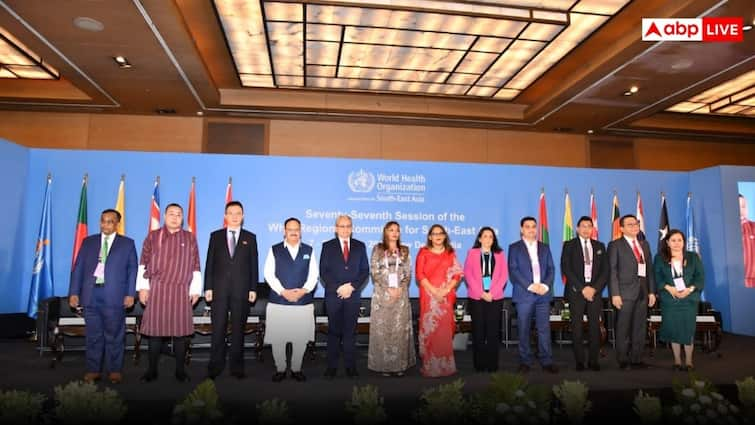The 77th annual session of WHO for South-East Asia was organized on Monday October 7 in Delhi, the capital of the country. During this period, Indian Health Minister JP Nadda was elected president of the WHO South-East Asia region. During this, JP Nadda also discussed the program.
Nadda gave this information
He said that the Indian health system, to achieve universal health coverage, the central government is adopting a social inclusion approach, with emphasis on strengthening primary health services and essential services.
Also spoke about India’s plans
The Union Health Minister described India as a major emerging country in the digital health sector. He also said that Ayushman Bharat Digital Mission, e-Sanjeevani, IHIP, Saksham, etc. will benefit from technical and financial assistance through the World Health Organization. Referring to Ayushman Bharat, he said the scheme covers over 120 million families, with an annual benefit of US$6,000 per family in case of hospitalization.
Union Health Minister listed achievements
Highlighting the achievements, the Health Minister said that India’s experience in integrating traditional medicine with the traditional medicine system helps in providing holistic health services, thereby improving the physical and mental health of citizens .
WH Regional Director for Southeast Asia said this
WHO Regional Director for South-East Asia Saima Wajed was present at the meeting. He said that when the first Regional Committee for Southeast Asia was established in 1948, the global infant mortality rate was around 147. Today it is 25 p.m. He said that as we overcome old threats, we must face new threats. We all face today’s threats through collective efforts and 21st century tools.
Check out the health tools below –
Calculate your body mass index (BMI)
